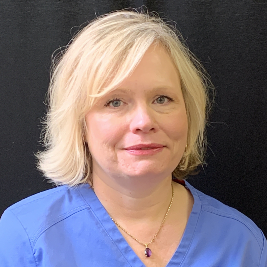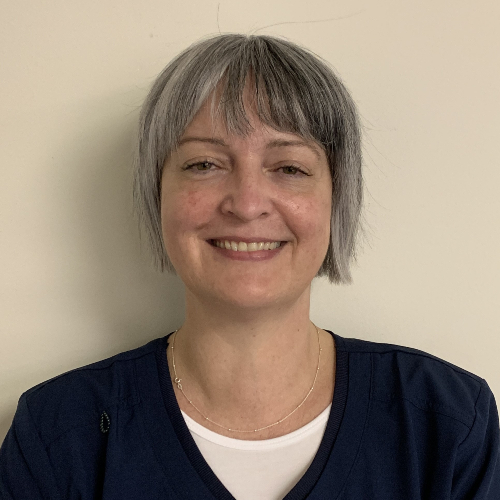You do not have to search far to find someone directly impacted by dementia. In fact, statistics show that at least 55 million people have a dementia diagnosis and that number is only expected to grow. With the prevalence of cases expected to rise, 10 million people across the globe will be diagnosed each year, what can you do to prepare yourself? Here at Innova Primary Care, we take the whole of the patient into account. We know that health is more than the absence of disease, it’s about treating the whole person. While so much is still unknown about dementia, everyday researchers and physicians are learning more about prevention. What can you do right now?
Dementia is more than memory loss
Dementia is considered a syndrome, a grouping of systems that affects cognitive function. There is no one root cause of dementia and it may occur due to trauma, disease, or other conditions that impact brain health. Globally, dementia is the seventh leading cause of death and has a tremendous impact on those diagnosed with the condition.
According to the Alzheimer’s Association, “Dementia is a general term for loss of memory, language, problem-solving, and other thinking abilities that are severe enough to interfere with daily life.” Additionally, the most common cause of dementia is Alzheimer’s. You can think of dementia as an umbrella term covering many conditions that fit this definition.
Dementia is different from age-related memory loss
It is important to remember that as we age, we will naturally have typical age-related memory challenges. This does not mean that the reason is dementia. Forgetting where you placed your keys on occasion, making a bad decision every once in a while, occasionally forgetting words, or forgetting it’s Saturday are all likely to happen to each of us at some point.
Dementia is different because it impacts daily living. The Alzheimer’s Association lists 10 warning signs that may be mean it is time to speak to your physician. Early detection is crucial when it comes to a dementia diagnosis.
- Memory loss that impacts daily life and is disruptive
- Problem Solving and/or planning challenges
- New to you issues with writing or language
- Decline in judgment abilities
- Withdrawal from daily living or duties
- Familiar tasks become challenging
- Date and time confusion
- Spatial and visual problems
- Losing things and getting lost more frequently
- Mood and personality changes
Again, there is a stark difference between typical aging and cognitive decline and dementia and Alzheimer’s. The tricky thing is that in the early stages of onset, the forgetfulness and changes may be mistaken. If you have any concerns about yourself or someone you love, contact a healthcare provider for screening as soon as possible.
What are the risk factors for dementia?
The most common risk factors for dementia include age and genetics. However, they are not absolutes. Just because you have a family member with dementia does not mean you will develop the disease; just because you are older does not mean you will face a diagnosis either.
Lifestyle plays a large role in lessening the risks for dementia and cognitive decline with studies showing the importance of a healthy lifestyle. Diet, physical activity, sleep, and keeping your cholesterol, blood sugar, and blood pressure in check are all incredibly important.
Excessive alcohol usage over time leads to brain damage which may increase the likelihood of developing dementia. According to The Alzheimer’s Association, smoking impacts the arteries and is a risk factor for developing atherosclerosis which, in turn, is a risk factor for developing vascular dementia.
There is also a social component to risk as well. Research suggests that loneliness is a risk factor for dementia and this risk is similar for multiple variables such as gender and race. Depression and social isolation are also risk factors. If you or someone you know is struggling with any of these things, reach out for help. Seek connections with others that bring fulfillment and joy.
Positive Changes
You cannot remove every risk factor from your life, but you can make positive changes to boost your brainpower now. Alzheimer’s dementia has no cure, however, research presented at the 2019 Alzheimer’s Association International Conference yielded lifestyle guidelines that give you a fighting chance. Here are some suggestions you can implement today. Of note, one study at the conference found that implementing just 4 or 5 healthy lifestyle changes decreased risk by 60% as opposed to making only one change.
- Get moving – Physical activity is important for everyone.
- Quit smoking
- Heart Health – Stay on top of your numbers: blood pressure, cholesterol, and blood sugar. There appears to be a link between heart health and dementia risks.
- Eat a healthy diet
- Don’t skimp on sleep
- Stay engaged with others
- Be a lifelong learner and keep challenging your mind
- Make mental health a priority
- Keep your brain safe by using safety equipment when necessary
There is power in lifestyle choices
Just because you have a genetic predisposition to developing cognitive decline or dementia does not mean it is inevitable. Start now. It’s never too late to adopt new healthy habits!
We want to see you thrive here at Innova Primary Care. If you have concerns about your brain health, please schedule an appointment with us today.





 About
About

 About
About About
About About
About
 About
About About
About

 About
About About
About About
About About
About











